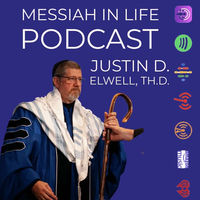Total duration:20 h 42 min
|
|
|
39:15
|
|
|
|
26:21
|
|
|
|
20:36
|
|
|
|
30:20
|
|
|
|
30:45
|
|
|
|
23:05
|
|
|
|
20:55
|
|
|
|
22:30
|
|
|
|
25:41
|
|
|
|
28:20
|
|
|
|
19:25
|
|
|
|
24:40
|
|
|
|
31:25
|
|
|
|
22:20
|
|
|
|
31:15
|
|
|
|
27:20
|
|
|
|
36:30
|
|
|
|
25:30
|
|
|
|
28:20
|
|
|
|
51:05
|
|
|
|
36:02
|
|
|
|
35:16
|
|
|
|
44:55
|
|
|
|
38:45
|
|
|
|
26:45
|
|
|
|
28:05
|
|
|
|
26:21
|
|
|
|
30:50
|
|
|
|
22:01
|
|
|
|
24:35
|
|
|
|
30:35
|
|
|
|
27:35
|
|
|
|
39:21
|
|
|
|
49:11
|
|
|
|
39:15
|
|
|
|
47:51
|
|
|
|
31:25
|
|
|
|
21:31
|
|
|
|
29:55
|
|
|
|
46:30
|

